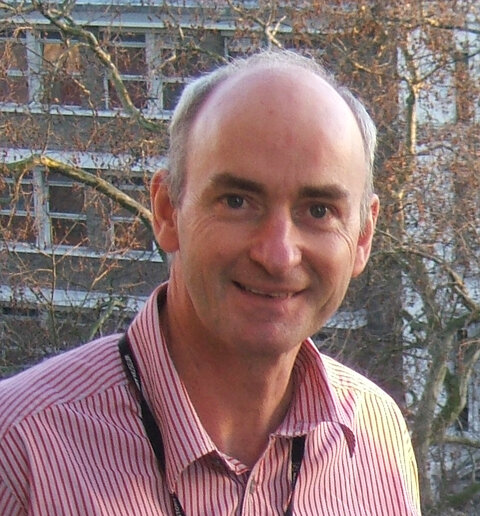Dr Martin Hall

Martin Hall gained his PhD from Imperial College London, in 1978. He was awarded the Thomas Henry Huxley Award of the Zoological Society of London for his thesis on blowfly feeding behaviour. Following seven years of work on tsetse flies in Africa, mainly in the Sudan and Zimbabwe, Martin returned to the UK. In 1989 he joined the Natural History Museum, London, as a research entomologist, studying forensic and veterinary entomology. These fields are related by fly species that develop as larvae both on carrion and on live animals, on the latter causing the disease known as myiasis. Martin has been a consultant on myiasis issues for the Food and Agriculture Organisation (Rome), the International Atomic Energy Agency (Vienna), the Office International des Epizooties (Paris) and the Arab Organisation for Agricultural Development (Khartoum). Martin has consulted with police forces and legal bodies as a forensic entomologist on more than 150 investigations, mainly of murder. -
Fly species developing on live tissues and causing traumatic myiasis have a major impact on livestock welfare and production in the developing economies of central Europe, the Mediterranean basin and the tropics. They can also be involved in forensic cases as indicators of neglect of humans and animals. The primary objective of studies of myiasis-causing species is to aid control and eradication programmes through:-
- Using morphological and molecular characters as markers to identify geographical populations of these flies to explain the historical and present distributions and to determine future distributions.
- Exploring the relationships between geographical and genetic distances, of barriers to gene flow, and the roles of natural and human-assisted dispersal.